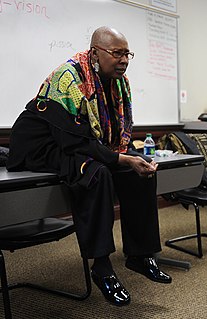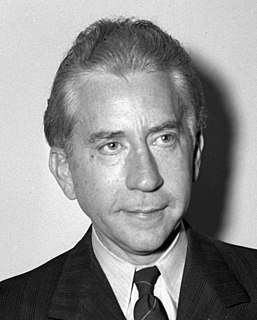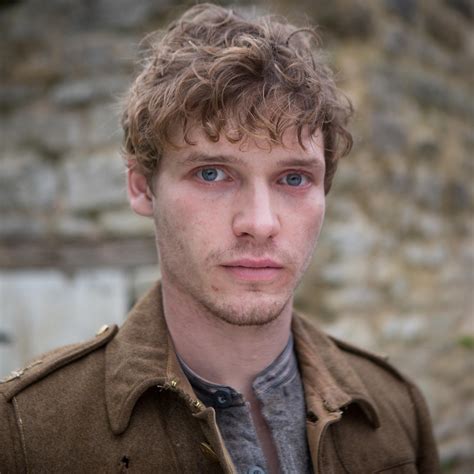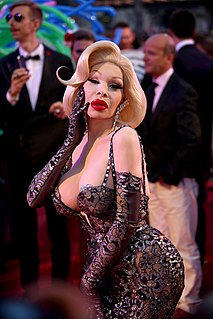A Quote by Ian Somerhalder
There are always decades that interest people. For me, that's the Roaring Twenties.
Related Quotes
Fighting the terrorists in Syria is not only in the interest of Syria or the Syrian people; in the interest of the Middle East, of Europe itself - something that many officials in the West don't see or don't realize or don't acknowledge - and in the interest of the Russian people, because they have been facing terrorists for decades now.
People always think that when they grew up it was better. The people who went to Studio 54 say, "Oh, this is nothing!" or "The Limelight is nothing. In our day it was much better." But I mean, it's always great. It's always fresh to the kids. And to me, you've just got to make it happen. You can't be a downer and say, "This is nothing like the roaring 20s."
After world war all we got was a lot of conformity, and conservatism and when I was in college at the university of Illinois the skirt lengths dropped instead of going up as they had during the roaring twenties and I knew that was a very bad sign, and it is symbolic and reflective of a very repressive time, and some of that was laid the feet of the cold war.


































